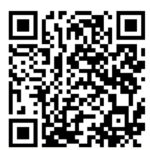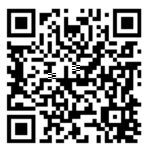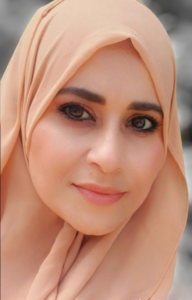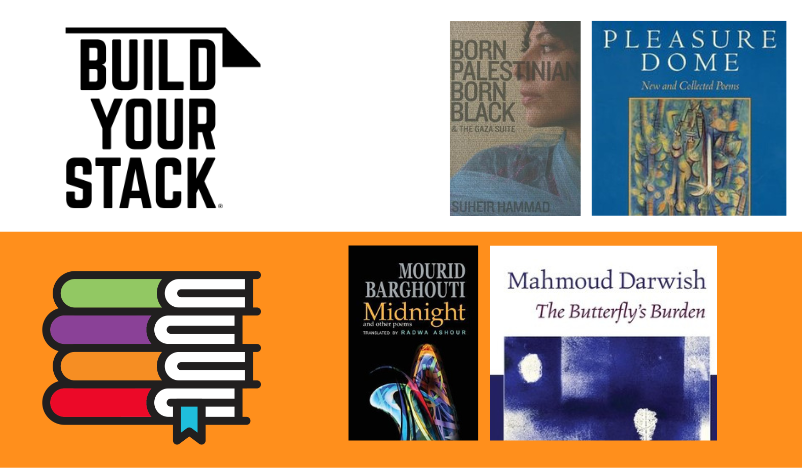This blog post was written by NCTE member Kefah Ayesh. This post is part of Build Your Stack®, an NCTE initiative focused exclusively on helping teachers build their book knowledge and their classroom libraries. Build Your Stack provides a forum for contributors to share books from their classroom experience; inclusion in a blog post does not imply endorsement or promotion of specific books by NCTE.
Poetry is for the rule breakers. From sestinas to free-form to spoken word, poetry exists as a creative medium of expression that evokes an emotional response. A rebellious art form standing in the face of standard conventions of writing . . . in face of the status quo. A release that attempts to define a writer’s pain, struggle, and aspirations
This is done through passionate metaphors, visceral imagery, forceful breaks in stanza form, and mesmerizing syntax—all with the intention to wake us up and make us think critically. Poetry helps forge imaginative connections between people on the inside of a struggle and the outside world, illuminating the human condition. The timeless beauty in poetry lies within its ability to transcend literal language barriers and force us into a deeper consciousness. Yet, some of the greatest poets to walk the earth have been dusted under the rug of gatekeeping conventions, all but forgotten.
The contribution of Arabs to the field of poetry is well documented, yet the modern classroom all but negates their existence. From Al Mutanabbi, whose work dates back to 950 CE and has been translated into 20 different languages, to Mahmoud Darwish, known as the national poet of Palestine whose strongest weapon of resistance was loudly naming the pain of exile, publishing over 30 poetry books and receiving multiple awards. Not only is the sheer volume of Arabic poets remarkable, but the literary and poetic styles in which they write make their inclusion in the English classroom a necessity.
The key to this is unlearning. Arabs in general have been exoticized and othered to the point where their lived experiences may seem “too foreign” or “unreliable.” Arab writers and poets do not only write about the past and exist on silk roads and ride magic carpets; many are American born and bred and write about a painfully divided existence. They write about love and hope too, but often the stigmatization of certain cultural groups blinds us from seeing the universal struggle of being seen and heard.
So, this begs the daunting question: How can we integrate Arab voices seamlessly into our poetry curriculums? Here are a few suggestions.
Focus on the human condition.
Make connections between the intersections of resistance and freedom through varied perspectives.
- Text sets to compare:
- Mahmoud Darwish’s “Here the Birds’ Journey Ends”
- Maya Angelou’s “Caged Bird”
- Langston Hughes’s “Freedom”
Teachers can guide students through TP-CASTT analysis to understand the deeper meaning and draw similarities between the texts.
Consider universal themes and universal experiences.
- Text sets to compare:
- Mourid Barghouti’s “Without Mercy”
- Yusef Komunyakaa’s “Facing it”
- Tyehimba Jess’s “Mercy”
Teachers guide students through different stanzas without mentioning authors’ names to highlight the shared pain of war experienced by different people. As students draw comparisons, the teacher can reveal author names and discuss the impact of understanding other people’s experiences. This QR code provides an interactive example of the above text sets using ThingLink, students should be encouraged to create their own ThingLink to showcase understanding.
Bring in contemporary and spoken word poetry.
Breaking away from the notion that Arab poets and writers exist in a faraway land through contemporary and spoken word artists allows students to make connections to their own lived experiences.
- Text sets to compare:
- Rafeef Ziadah’s “We Teach Life, Sir”
- Suheir Hammad’s Born Palestinian, Born Black
- This ThingLink QR code contains accompanying texts:

NCTE and independent bookstores will receive a small commission from purchases made using the Bookshop.org links above.

Kefah Ayesh is a secondary English teacher and English Department Chair at Al Ghazaly High School in New Jersey. She is Miami University’s NEH 2023 Summer Institute Fellow and will be conducting work on Muslims in America’s Midwest: An Educator’s Guide to Past and Present and is American University’s Washington College of Law Open Education Resource Fellow. Ayesh is pursuing a master’s degree in English and writing studies at Kean University with an anticipated graduation in May 2023. She is a Palestinian American who is passionate about inclusivity in literature and amplifying marginalized voices in the classroom.
It is the policy of NCTE in all publications, including the Literacy & NCTE blog, to provide a forum for the open discussion of ideas concerning the content and the teaching of English and the language arts. Publicity accorded to any particular point of view does not imply endorsement by the Executive Committee, the Board of Directors, the staff, or the membership at large, except in announcements of policy, where such endorsement is clearly specified.

